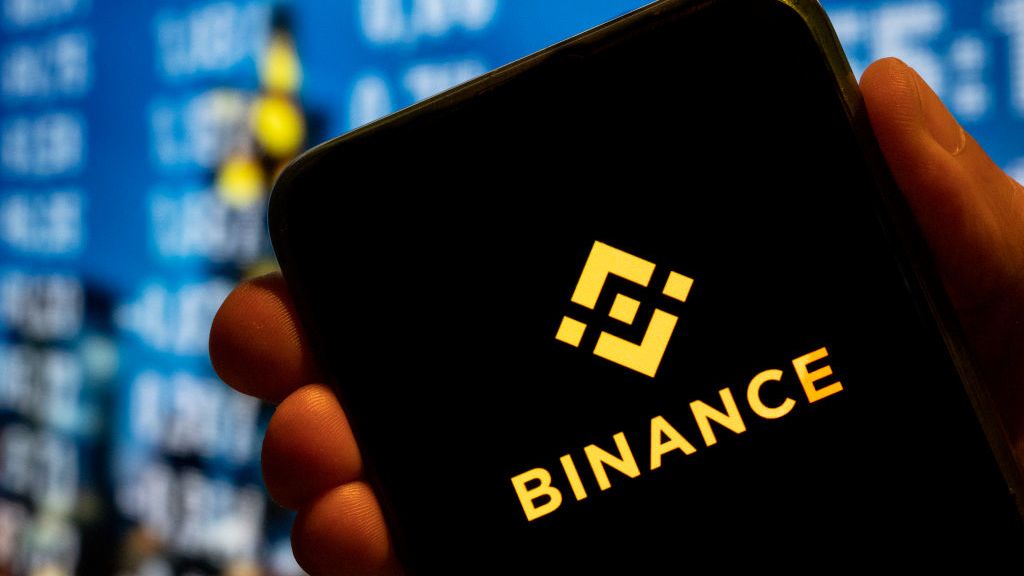Genetics startup Veritas rocked by data breach
Customer information has been stolen from the DNA-screening company


DNA-screening company Veritas Genetics has suffered a security incident in which a hacker accessed and potentially stole customer information.
The company declined to specify what sort of information was compromised as a result of the data breach, although did clarify that no genetic data, DNA-test results or health records were accessed.
Although there are a host of DNA-screening services, companies such as Veritas and 23andMe set themselves apart by claiming to offer customers a full analysis of the human genome. This amounts to examining all 6.4 billion letters, as opposed to just a fraction of the genetic information, as is conventional practice.
"The security and privacy of customer information is a top priority, and we have security processes and procedures in place as part of this commitment, including segregating and securing genomic data on separate systems," the company said in a statement.
"Our forensic investigation is ongoing, and we will notify any potentially impacted individual as appropriate under applicable law."
The startup's customer-facing portal had recently been accessed by an unauthorised user, the company confirmed, although it didn't specify when it became aware of the incident, or how long the system had been exposed.
The firm added that its security processes were robust, and these included segregating and securing genomic data on a separate system to customer information.
Get the ITPro daily newsletter
Sign up today and you will receive a free copy of our Future Focus 2025 report - the leading guidance on AI, cybersecurity and other IT challenges as per 700+ senior executives
"Based on our investigation to date, only a handful of customers were potentially impacted, no genome sequences or genomic data or Veritas test results in any format were accessed and no customer information has been used inappropriately," Veritas continued.
"It is important to note that Veritas Genetics does not store credit card information in its systems.
"Our forensic investigation is ongoing, and we will notify any potentially impacted individual as appropriate under applicable law. We are also considering legal action against the perpetrator and will explore all available legal recourse based on the findings of our investigation."
As services like Veritas Genetics' genomic analysis become more widely-used, there are mounting privacy and security concerns around how tightly-guarded this information is.
Accessing such information could, for example, inform cyber criminals about any medical conditions or genetic issues individuals may have. This could, in some instances, lead to subsequent blackmail attempts.
Similarly, support for biometric security is gaining velocity as an alternative to conventional password security. Experts in the field are concerned, however, with the sense of permanence that is associated with hackers stealing this data.
There are manual ways of replicating a fingerprint, according to German hacking group Computer Chaos Club, although this is laborious and time-consuming. When Apple's Touch ID has first launched six years ago, the outfit demonstrated that one can copy a fingerprint from an existing surface, clean it up using graphite powder, take a high-rest photo and print it off at a high resolution on latex material.
It's nothing compared with a security incident earlier this year, in which the pre-stored biometric information of more than one million people was leaked. Fingerprints and facial recognition information, as well as unencrypted passwords, were exposed when the Biostar 2 database was accidentally made unprotected.
IT Pro has approached Veritas Genetics for more information surrounding the data breach.

Keumars Afifi-Sabet is a writer and editor that specialises in public sector, cyber security, and cloud computing. He first joined ITPro as a staff writer in April 2018 and eventually became its Features Editor. Although a regular contributor to other tech sites in the past, these days you will find Keumars on LiveScience, where he runs its Technology section.
-
 The Race Is On for Higher Ed to Adapt: Equity in Hyflex Learning
The Race Is On for Higher Ed to Adapt: Equity in Hyflex LearningBy ITPro
-
 Google faces 'first of its kind' class action for search ads overcharging in UK
Google faces 'first of its kind' class action for search ads overcharging in UKNews Google faces a "first of its kind" £5 billion lawsuit in the UK over accusations it has a monopoly in digital advertising that allows it to overcharge customers.
By Nicole Kobie
-
 Five things to consider before choosing an MFA solution
Five things to consider before choosing an MFA solutionIn-depth Because we all should move on from using “password” as a password
By Rene Millman
-
 Google pays largest-ever bug bounty worth £500,000
Google pays largest-ever bug bounty worth £500,000News The company remained tight-lipped over the exploit itself, but speculation is possible given its publicly available rewards breakdown
By Connor Jones
-
 The IT Pro Podcast: Going passwordless
The IT Pro Podcast: Going passwordlessIT Pro Podcast Something you are, or something you have, could be more important than a password you know in the near future
By IT Pro
-
 Podcast transcript: Going passwordless
Podcast transcript: Going passwordlessIT Pro Podcast Read the full transcript for this episode of the IT Pro Podcast
By IT Pro
-
 OpenSSL 3.0 vulnerability: Patch released for security scare
OpenSSL 3.0 vulnerability: Patch released for security scareNews The severity has been downgraded from 'critical' to 'high' and comparisons to Heartbleed have been quashed
By Connor Jones
-
 UK police fails ethical tests with "unlawful" facial recognition deployments
UK police fails ethical tests with "unlawful" facial recognition deploymentsNews A University of Cambridge team audited UK police use of the tech and found frequent ethical and legal shortcomings
By Rory Bathgate
-
 Hacker steals $566 million from Binance Bridge using proof-forgery exploit
Hacker steals $566 million from Binance Bridge using proof-forgery exploitNews An exploit discovered in the exchange platform's proof verifier let the hacker take 2m BNB without raising alarm bells
By Rory Bathgate
-
 CISA issues fresh orders to polish security vulnerability detection in federal agencies
CISA issues fresh orders to polish security vulnerability detection in federal agenciesNews The move marks the latest step in the cyber security authority's ongoing ambition to minimise the government's exposure to attacks
By Praharsha Anand